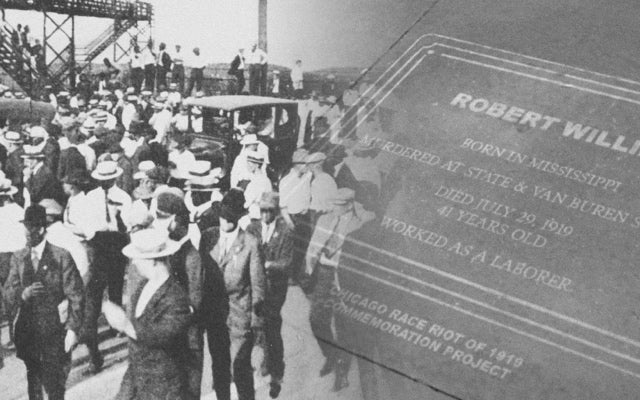
thank you for visiting the labor history resource project as we build this resource!

Teaching in St. Paul Public Schools was a destination for me because I knew our schools had a gorgeous student population that reflected our world. I also found an amazing group of dedicated, talented colleagues I am honored to work alongside and represent.
Near closing time on March 25, 1911, a fire broke out at the Triangle Waist Factory in New York City. Within 18 minutes, 146 people were dead as a result of the fire. This site includes original sources on the fire held at the ILR…
In early summer 1982 an estimated 20,000 garment workers in New York City, members of ILGWU Local 23-25 and mostly Chinese immigrant women, walked off the job in protest. This collection from LaborArts memorializes the 40th anniversary of this historic action.
If the 1960’s were known as the era of vigorous student militancy in most sectors of American education, the 1970’s may well go down in history as the decade of the angry teacher.
Created by the American Social History Project/Center for Media and Learning at The Graduate Center, City University of New York, HERB is a database of primary documents, classroom activities, and other teaching materials in U.S. history. Named in honor of ASHP/CML’s co-founder, labor historian Herbert…
The International Trade Union and Labour Memory Network is a collaborative international project by a group of historians and labour activists. We aim to examine the commemoriation of labour history by highlighting what kind of labour and trade union memory work is undertaken across the globe, how trade unions use history and memory as a resource, and discuss the problems and challenges involved in commemoration.
The site has been designed around the general idea of providing diversified, nonlinear access to digital audio content. Users can choose from a number of different modes of presentation, including audio essays, a timeline, strike map, and a user-friendly, yet very accurate search engine.